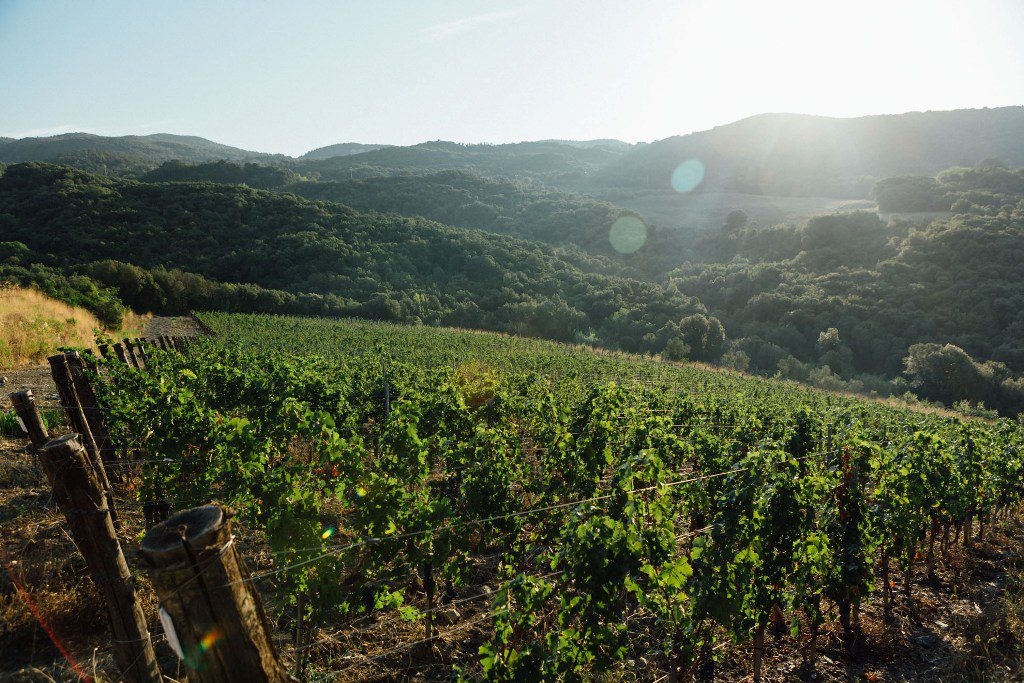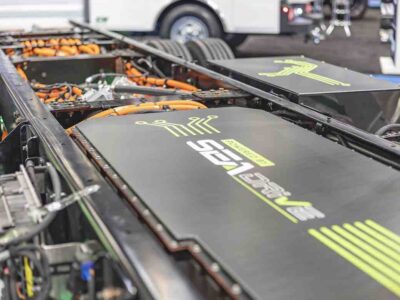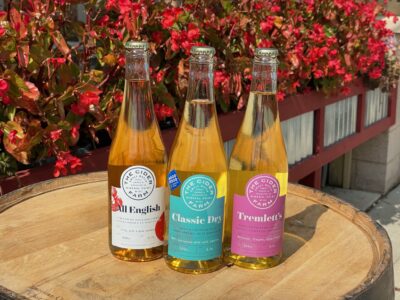Organic wine is not a new product in the liquor industry. Winemakers have used sustainable and organic methods to grow grapes for decades, largely thanks to a farming method called biodynamic agriculture. This crop-growing system is efficient, eco-friendly, and produces some of the best wines on the market.
What is biodynamic agriculture? It’s a farming system developed in the 1920s that took advantage of symbiotic relationships between plants, animals, and natural resources.
Crops are grown in live soil with natural fertilizers like animal waste and composting vegetation. They are rotated consistently, usually based on harvest yield, and cover crops are sown into the surrounding soil to create shade for grapes.
Live animals rather than machines handle most landscaping. Biodynamic vineyards use no harsh chemicals or pesticides, which makes healthier, better-tasting grapes.
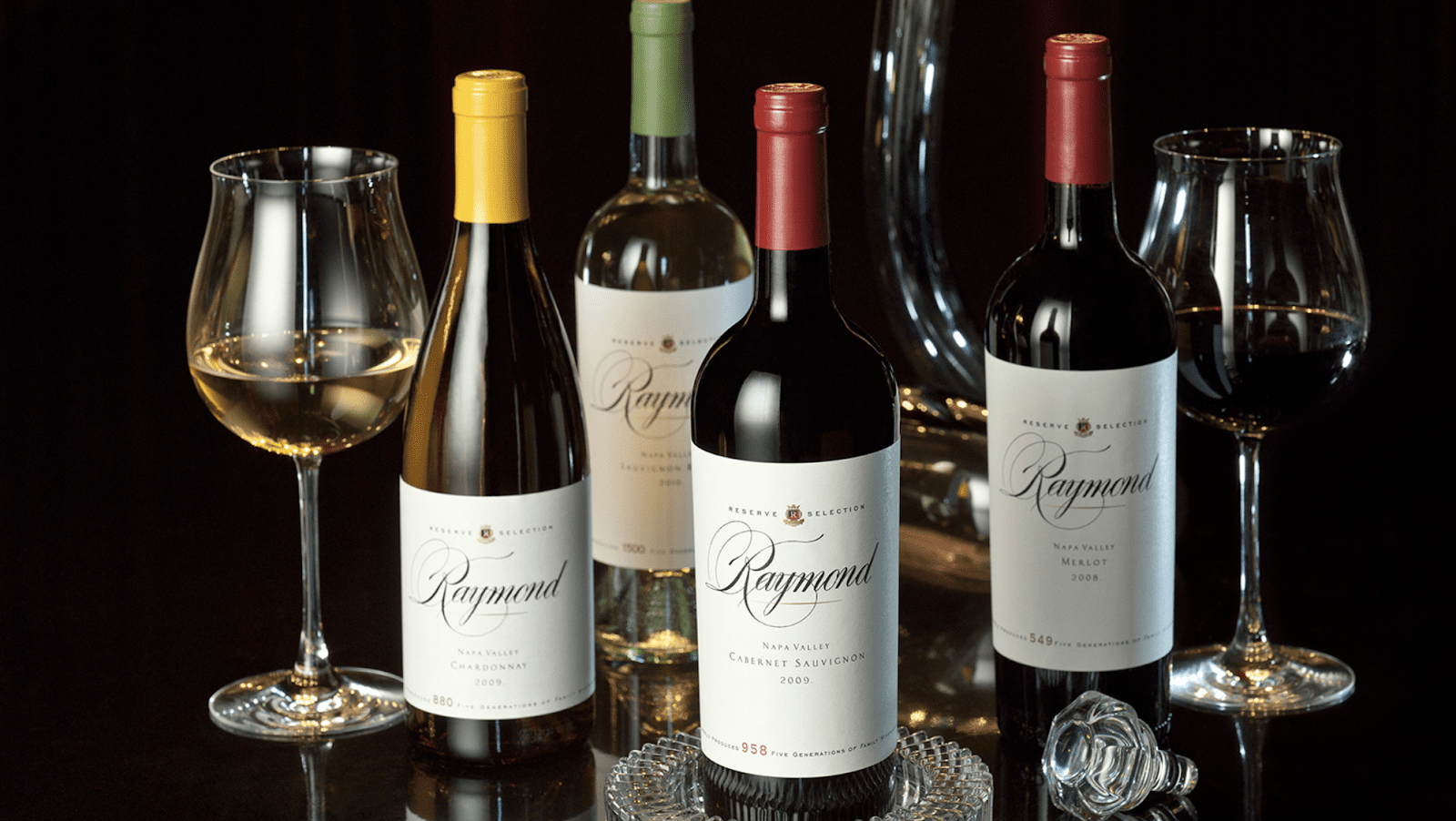
With drought and arid temperatures threatening grape crops, California wineries have embraced tactics from biodynamic agriculture to ensure their businesses stay afloat and the wine’s taste is uncompromised. One of the largest wine producers in the country, Raymond Vineyards, has implemented substantial biodynamic methods to keep up its standards for delicious wines. They use a variety of cover crops, no pesticides, and introduced goats, sheep, and chickens around their 90-acre property to till the grass, prune the cover crops, and pluck out invasive seeds. The animals help out with compost and fertilizer. This process is incredibly economical and sustainable — less shipping of chemicals means a reduction in fleet vehicle emissions.
European winemakers also use biodynamic farming with similar success. A major Italian wine producer, Caiarossa Vineyards, has been practicing biodynamic agriculture since 1999. Caiarossa uses animals for grass maintenance and leaf pruning, on top of using grape fermentation residue in composting.
What makes Caiarossa truly stand out amongst other European winemakers is the introduction of live beehives in 2016. With 14 active hives on the 110-hectare farm, these bees are essential for the strong pollination of crops. Group them in with the goats and sheep tending the grass, the waste for composting, and the crop rotation, and you end up with lush, organic grapevines and even better-tasting wine.
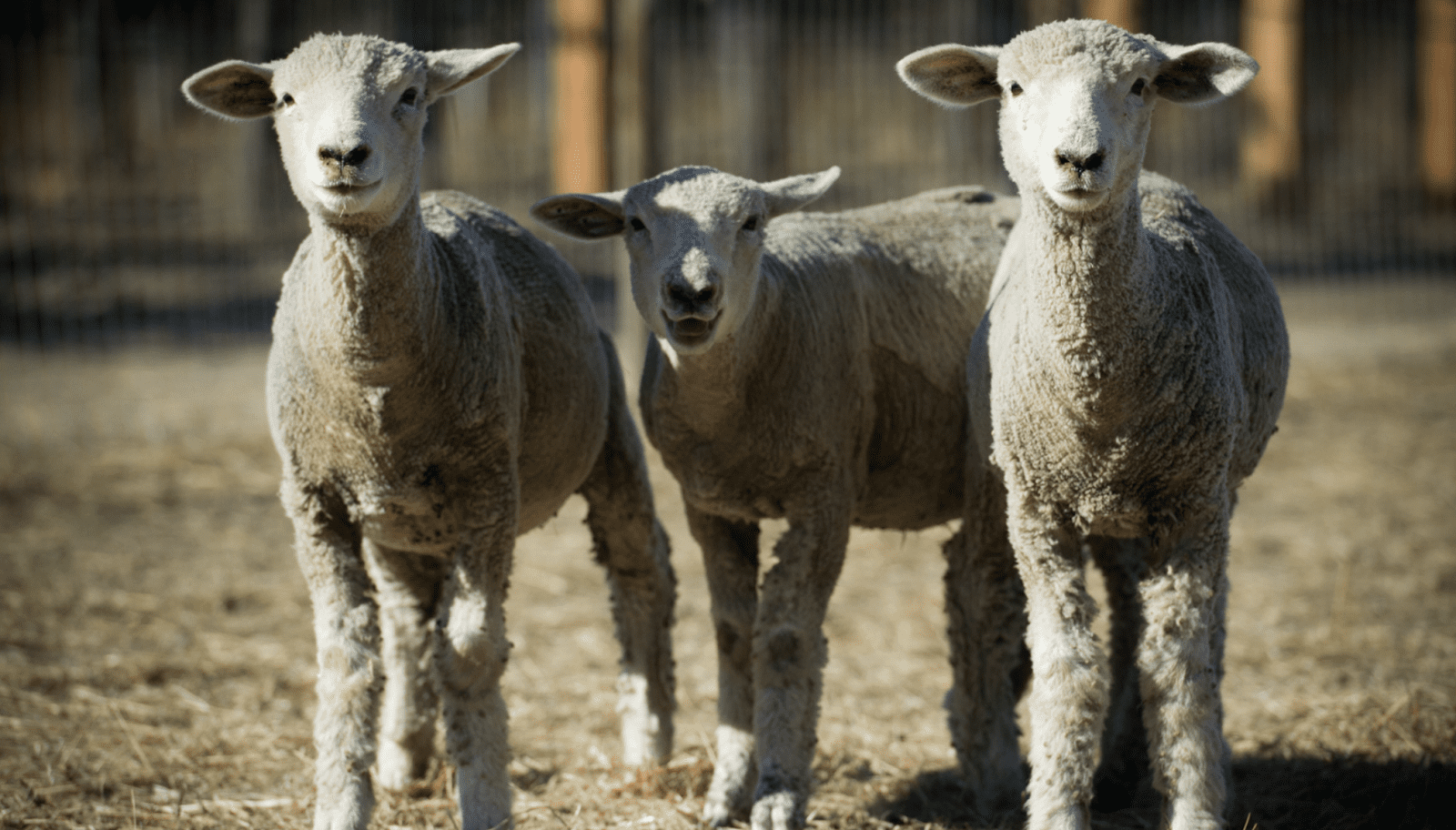
Wineries pride themselves on being sustainable, and collectors want to know whether vineyards making these wines use organic or sustainable methods. The Demeter Association is the organization responsible for certifying a vineyard as biodynamic. Since 1985, they have been the leading authority in organic winemaking. Demeter offers assistance to vineyard owners and strategies for grape-growing. The association certified Caiarossa and Raymond Wineries.
Biodynamic farming is not exclusive to winemaking and grape-growing. It is becoming increasingly popular with increased sustainability awareness. The practice has been featured on major news networks, including NBC’s The TODAY Show. There’s a noticeable difference in taste with crops grown on biodynamic farms; the same applies to wine. With the industry finding more sustainable methods, we can expect to see biodynamic agriculture play a significant role in the future of wine production.

